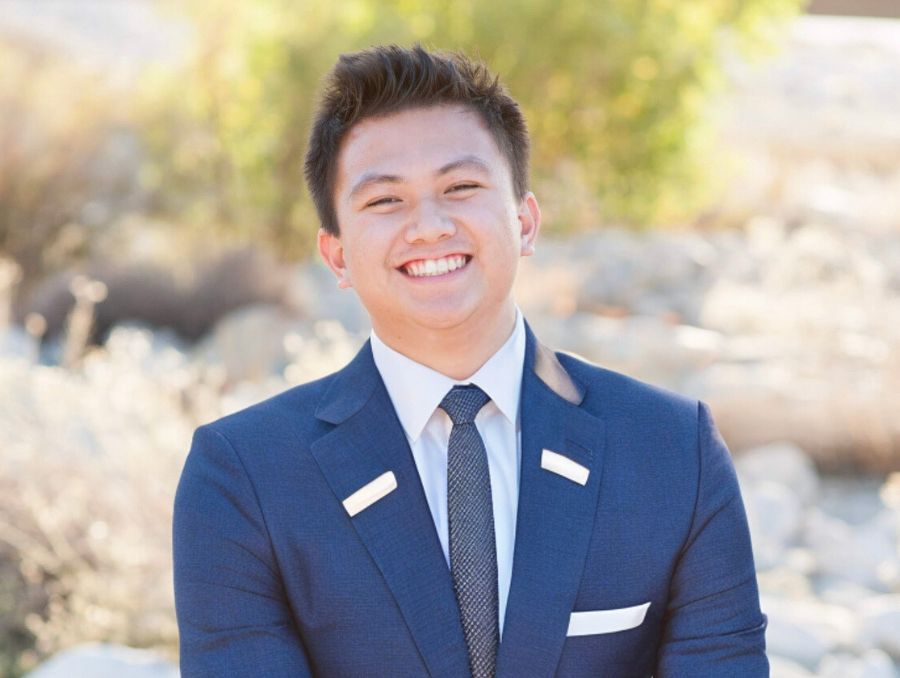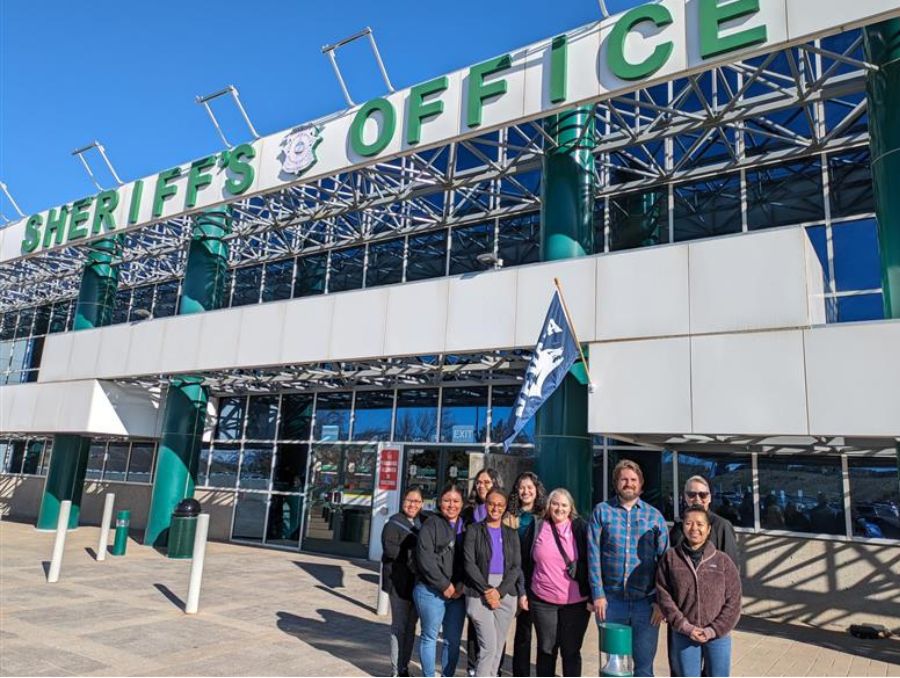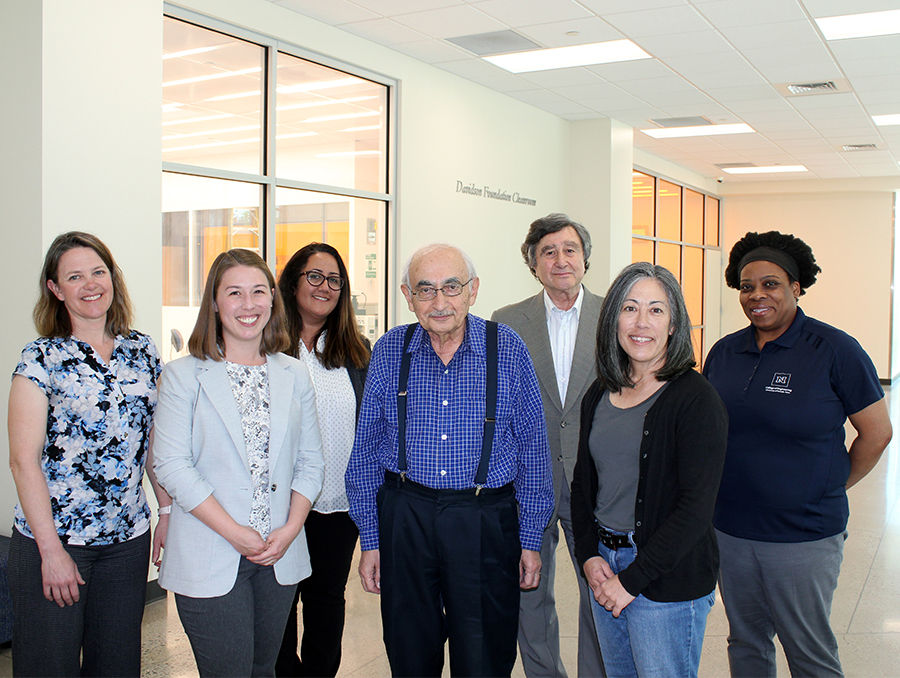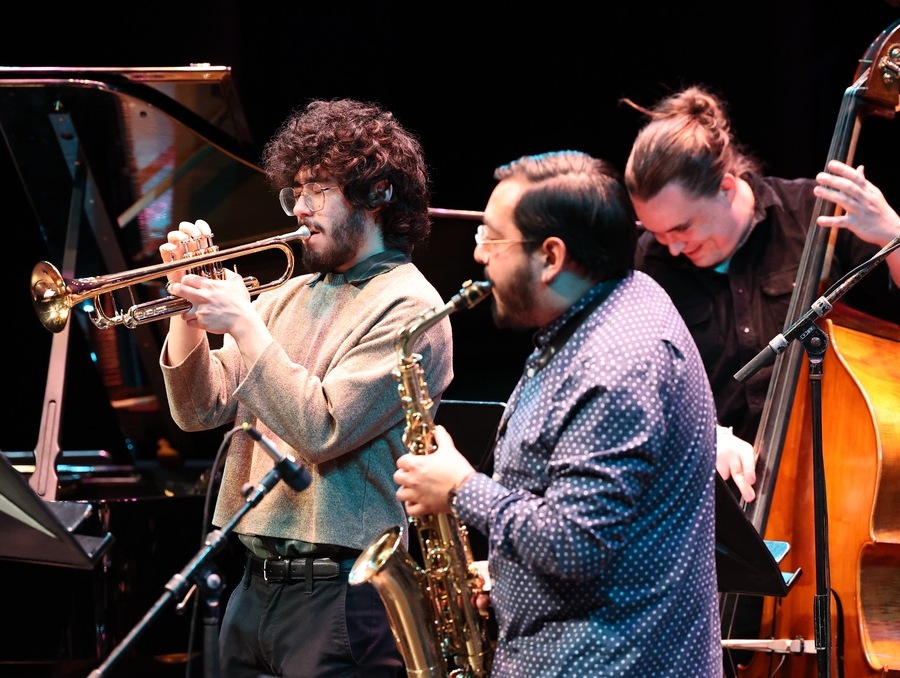Have you thought about alternative medicine methods when considering your treatment options for a particular ailment? Ever been frustrated by being unable to explain a medical condition because of a language barrier?
These are just two of the situations future health care professionals at the University of Nevada, Reno were asked to ponder at last month's "Considerations in Health Care 2011" interdisciplinary event created by students for students.
The goal of the two-day event held Feb. 15-16 was to provide students in the health sciences an educational experience in cultural awareness and its applications to health services, research and policy, according to the event's promotional literature.
The forum was sponsored by the American Medical Student Association, ASUN Flipside, the Center for Student Cultural Diversity, the Division of Health Sciences, the School of Medicine's Diversity Consortium, the Northern Nevada International Center, the Public Health Coalition, the Schools of Medicine, Community Health Sciences and Social Work and University Counseling Services.
"I became involved because this event was a good combination of my interests in Spanish and community health sciences," said student organizer Michelle Bowman, of the School of Community Health Sciences, who also works in the Division of Health Sciences and represented the Public Health Coalition, an undergraduate student club within her school.
The purpose of this event was to give students an educational experience in cultural affairs and have them explore how it applies to health care, she explained.
"We wanted to help students become more aware of the cultural issues within health care by exposing them to workshops in complementary and alternative medicine, linguistic issues, working with patients from different cultures, non-verbal communication skills and dealing with conflicting beliefs extending from cultural differences."
Sandra Prytherch, graduate assistant and coordinator of professional and career development within the medical school's Office of Admissions and Student Affairs, originally conceived the idea for the forum which she hopes will become an annual event.
"This is where things are moving: with students working together in an interdisciplinary setting," she said of the collaborative nature needed between so many diverse student organizations to plan the forum.
Beyond the collaborative nature aspects, Prytherch said today's reality is that there are culturally embedded experiences in all modern health care situations and that health care workers must learn to negotiate across those cultures to improve care.
"It can be frustrating for both patient and caregiver which leads to a feeling of helplessness," she said.
She hoped that students attending the forum came away with a better ability to see the uniqueness of each patient and a more humanistic approach to health care.
To help them reach that goal, workshops and panel discussions, several of which were interactive in nature, were held on the subjects of alternative (eastern) medicine, cultural humility in working with vulnerable populations, end-of-life care and funeral costs in foreign lands, cultural humility in health care, being supportive and inclusive of the lesbian, gay, bisexual and transgender lifestyles and barriers faced by the impoverished in getting access to health care.











